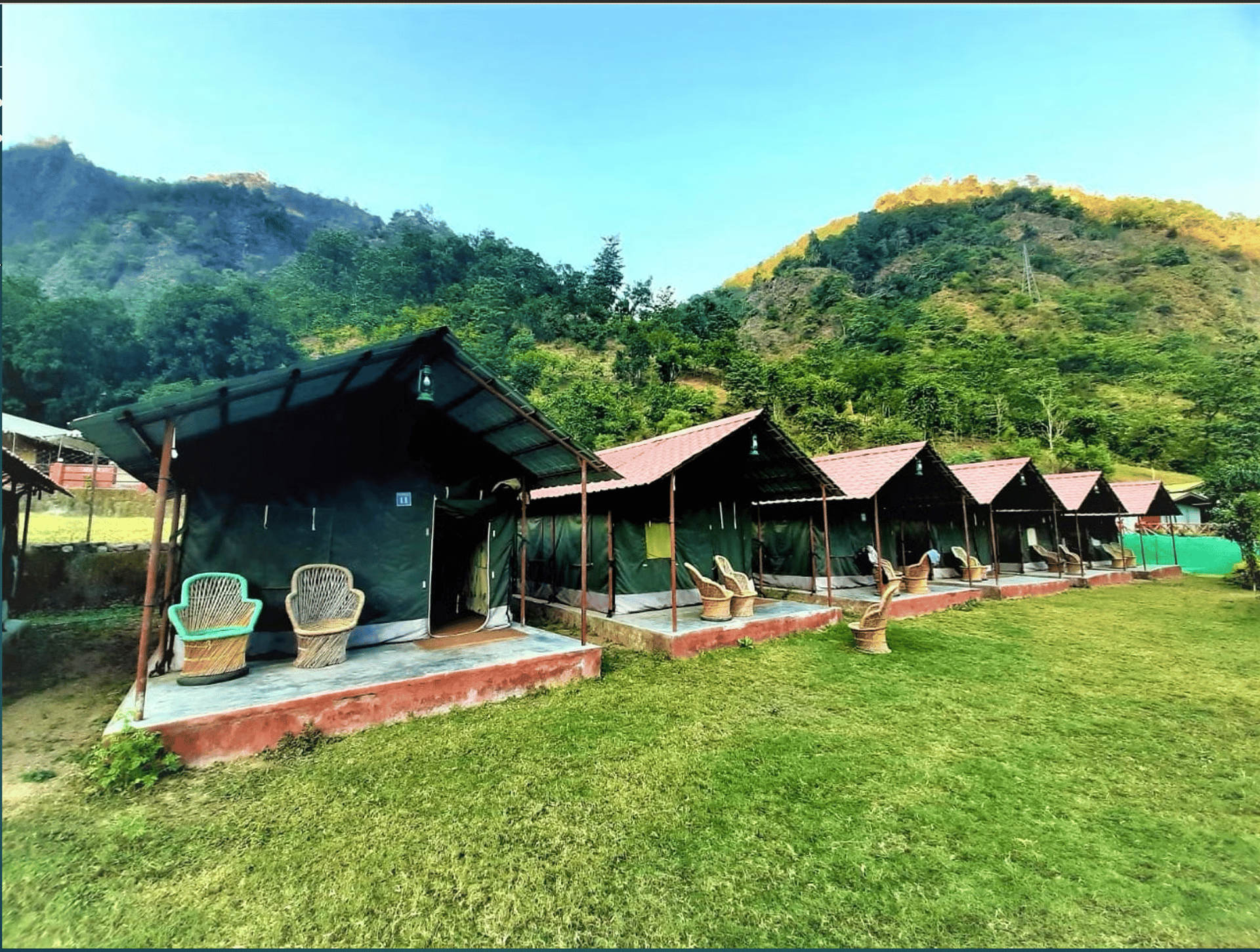
Sustainable living is a way of life that seeks to reduce an individual’s or community’s environmental impact by making mindful choices about resource use, consumption, and waste. It involves minimizing energy and water usage, reducing waste through recycling and composting, and choosing sustainable transportation options. Sustainable living encourages the use of renewable energy, support for local and eco-friendly products, and the adoption of practices that promote biodiversity and reduce pollution. It is about balancing human needs with the planet’s capacity to provide, ensuring a healthy and resilient environment for present and future generations. Sustainable living fosters a harmonious relationship between people and nature.
Sustainable Co-farming, or cooperative farming, offers numerous benefits. It fosters shared resources and knowledge among farmers, which can lead to increased efficiency and productivity. By pooling equipment, labor, and expertise, co-farming reduces individual costs and financial risks. It also promotes sustainable practices through collective decision-making and innovation in farming techniques. Additionally, co-farming strengthens community bonds and enhances local food security by diversifying production and improving access to fresh, local produce. Overall, co-farming supports economic stability, environmental stewardship, and social cohesion within agricultural communities.
Sustainable-Ecotourism focuses on responsible travel that prioritises environmental conservation, cultural respect, and economic benefits for local communities. It involves visiting natural areas to support conservation efforts, reduce environmental impact, and promote sustainability. Ecotourism practices include staying in eco-friendly accommodations, participating in low-impact activities, and supporting local businesses. Tourists are encouraged to minimize waste, conserve resources, and respect wildlife and local cultures. By fostering awareness and appreciation of natural and cultural heritage, ecotourism helps fund conservation projects, empowers local communities, and promotes sustainable development, contributing to the preservation of ecosystems and the well-being of both people and wildlife.














